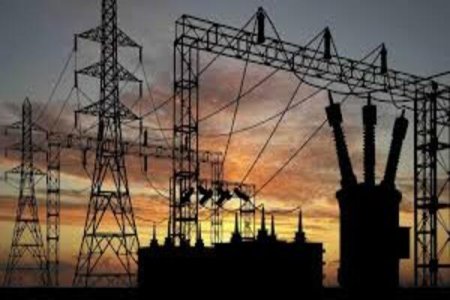
The Transmission Company of Nigeria (TCN) explained the cause of the latest national grid collapse, attributing it to a frequency spike. Ongoing recovery efforts aim to stabilize the grid. Experts urge urgent infrastructure upgrades and professional oversight to prevent further collapses and ensure long-term stability.
The Transmission Company of Nigeria (TCN) has explained the latest collapse of the national power grid, which occurred on Thursday morning, just a day after the government’s committee submitted a report on addressing grid failures. The collapse, the second this week and the 10th in 2024 resulted in widespread power outages across the country, causing significant financial losses for power generation and distribution companies.
TCN attributed the collapse to a sudden rise in frequency from 50.33Hz to 51.44Hz, triggered by issues at one of TCN's substations, which had to be shut down to prevent further damage. Recovery efforts are underway, and the Abuja axis was restored within 28 minutes.
TCN is also focused on upgrading critical infrastructure, including transmission lines and substations, as part of ongoing repair efforts. Despite these steps, TCN warned that some instability could persist until all major repairs are completed. The company emphasized its commitment to improving grid reliability, in line with the recommendations from the investigative committee.
Experts, including Engr. Israel Abraham, President of the Chartered Institute of Power Engineers, cited poor maintenance culture and political interference in infrastructure decisions as key challenges. He called for professional oversight and greater investment in upgrading aging equipment. Meanwhile, the Minister of Power, Chief Adebayo Adelabu, has ordered the immediate implementation of the committee’s recommendations to address grid collapses in the long term.



![Today's Naira Rate[07-11-2024]: Naira Appreciates to N1,720/$ in Parallel Market as Dollar Turnover Soars](/data/attachments/209/209957-f5e920323be553249c735a46597cceb5.jpg?hash=PERHMQHP25)


